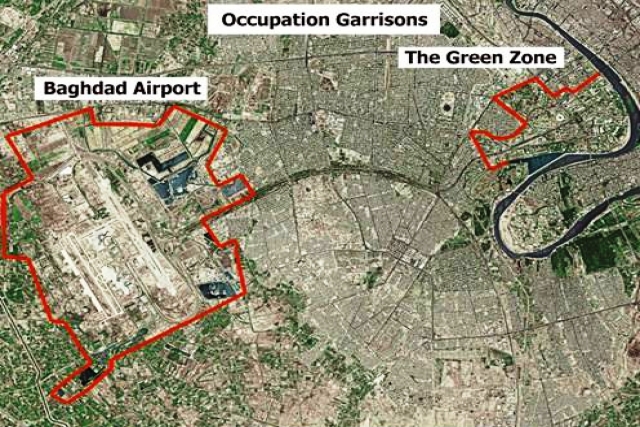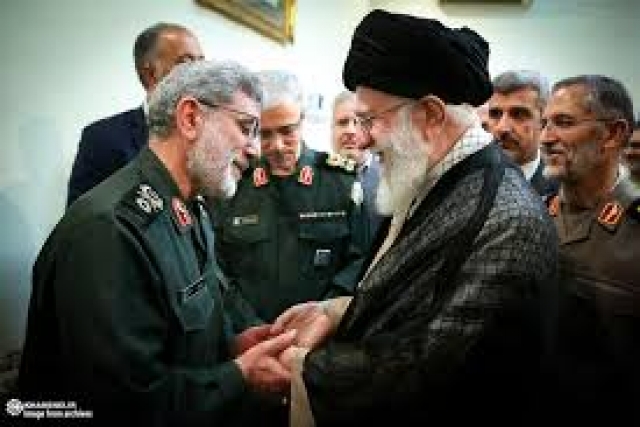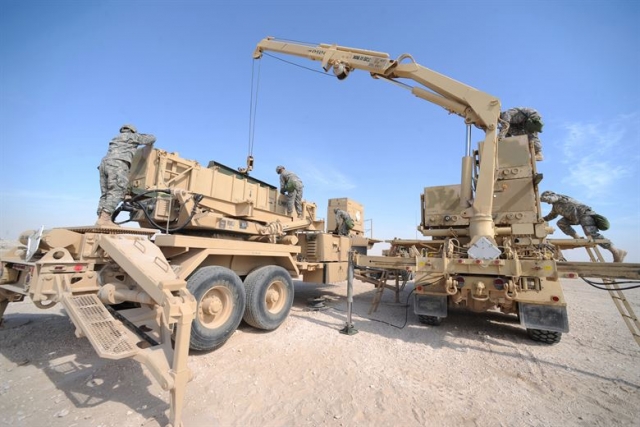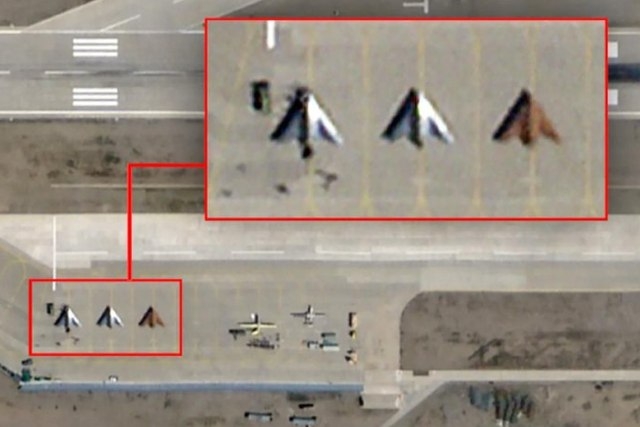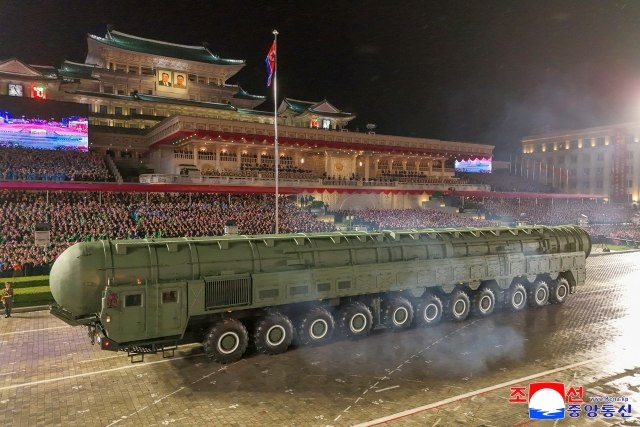Trump Threatens Sanctions Against Iraq for Demanding US troop Withdrawal
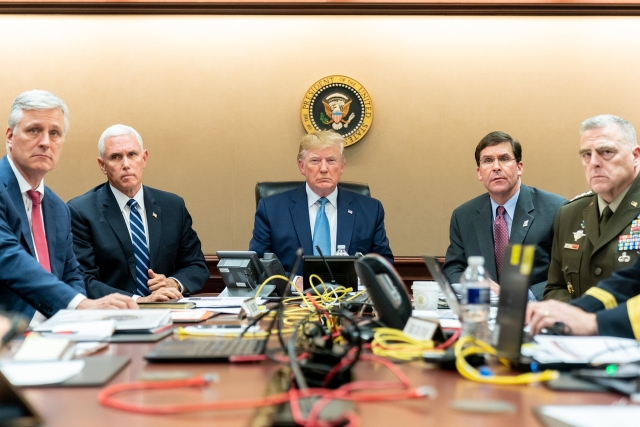
US President Donald Trump has threatened sanctions besides payment of “trillions of dollars” for an air base set up in Iraq if Baghdad were to have its way in demanding a complete troop withdrawal.
"We have a very extraordinarily expensive air base that’s there. It cost billions of dollars to build long before my time. We’re not leaving unless they pay us back for it," Trump said, threatening to impose “sanctions (on Iraq) like they’ve never seen before.”
The turbulence in the already sensitive Gulf escalated after the US killed Qasem Soleimani, a top Iranian general, on January 3. On Sunday, while Baghdad called for the expulsion of an estimated 5,200 American troops from Iraqi soil, Tehran announced it will no longer abide by the limits contained in the 2015 nuclear deal. Some Iraqi parliament members also reportedly chanted “no to America” during the emergency session.
At the invitation of the Iraqi government, American troops were deployed at Iraqi military bases to train and support local security forces to prevent resurgence of ISIS. Iran-backed Iraqi militia and US troops fought alongside each other during Iraq's 2014-2017 war against IS militants.
“We are confident that the Iraqi people want the United States to continue to be there to fight the counterterror campaign. And we’ll continue to do all the things we need to do to keep America safe," US Secretary of State Mike Pompeo said on Fox News on Sunday.
Despite being on the side of the Iraqi government during the war against ISIS, the US is accused of indiscriminate bombing causing significant collateral damage leading to hundreds of dealths and billions of dollars in destroyed property.
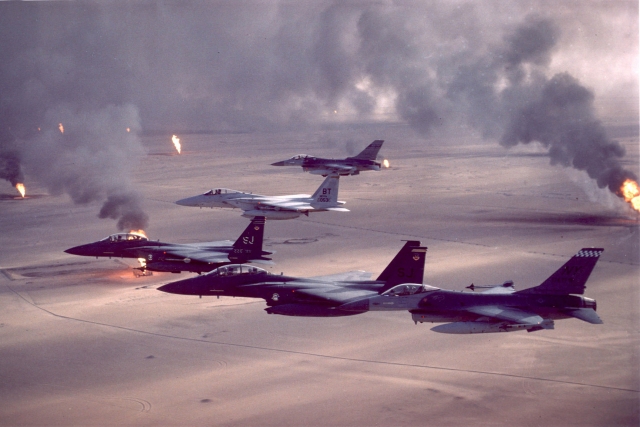
Iraq War (2003-2011)
The fight against ISIS is not the first time US troops ran riot on Iraqi soil. In March 2003, a US-led coalition (United Kingdom, Australia and Poland) invaded Iraq to set off “Iraq War” to overthrow the government of Saddam Hussein on claims that Iraq then possessed weapons of mass destruction, a claim later proved fabricated. US military spending in Iraq in these eight years costed $3000 per second, according to a Global Policy Forum document. The final tab for the war could reach $4-6 trillion, the document said, citing Colombia University economist Joseph Stiglitz.
A report by Watson Institute for International and Public Affairs, Brown University, puts the figure of civilian casualties from “direct war related violence caused by US, its allies, the Iraqi military and police, and opposition forces” between March 2003 and November 2018 at 182,000. The report added that “the actual number of civilians killed by direct and indirect war violence is unknown but likely much higher – in the hundreds of thousands.”
The UN Sanctions imposed on Iraq in 1990, harsh conditions associated with regional conflicts especially the crippling Iraq War led to the deterioration of Iraq’s schooling system, once considered best among the Middle Eastern countries. An article published by Inter Press Service in 2008 argues that "many students, whose fathers are either dead or detained, are abandoning their studies to become their families' bread winners. Furthermore, other students cannot even attend school due to a lack of security."
